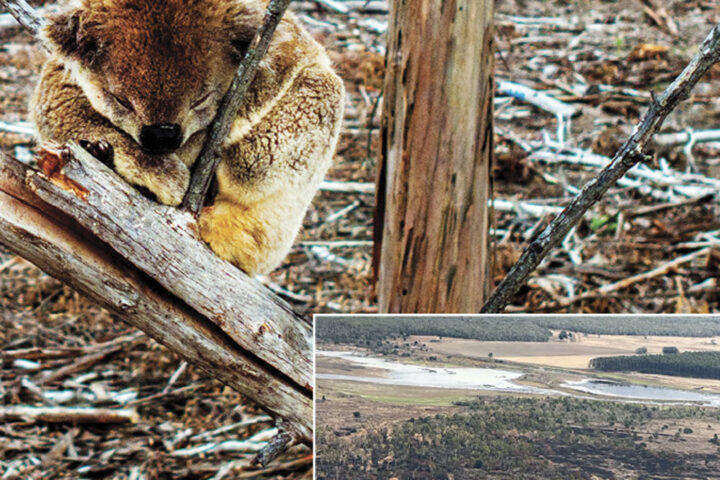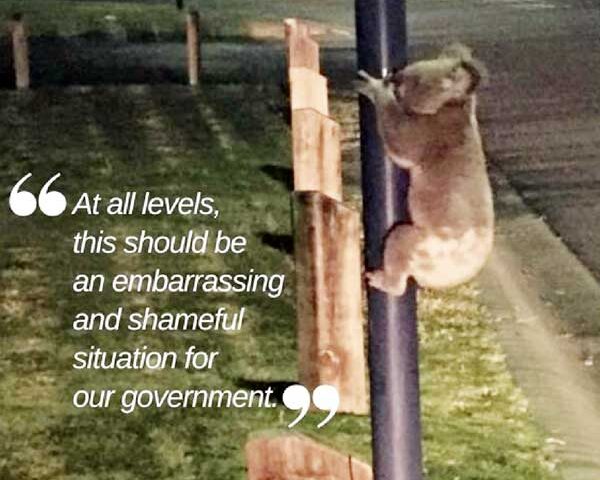Off the menu – NT govt social club backs down on dugong, turtle luncheon
A Northern Territory government department social club has abandoned plans to serve endangered sea turtle and dugong for NAIDOC week after protesters threatened to target the event.
The Department of Corporate and Information Services (DCIS) social club had invited staff to a lunch on Thursday to mark NAIDOC week for the cost of a gold coin donation.
“Lunch will be served at 12:30 pm and consist of a delicious range of traditional home-cooked dishes including kangaroo satays, chilli crab, barramundi, curry goose, coconut curry chicken, dugong, turtle, chicken vermicelli and blutchung pork,” the social club’s message to staff said.
But in a statement the DCIS said the items were now off the menu.
“The DCIS NAIDOC Lunch was organised by a committee of Indigenous staff members to showcase their culture to other staff with a lunch menu of traditional bush tucker,” the statement read.
“The menu had included foods that were not suitable for this event.
“These items have now been removed,” it said, adding that it apologised for any offence it may have caused.
The National Aboriginal and Islander Day Observance Committee (NAIDOC) celebrates the history, culture and achievements of Australia’s Indigenous people.
But Colin Riddell from Save Australian Dugongs and Turtles said the luncheon was a “disgrace” and his group had warned that they would send protesters to voice their concerns.
“There will still be people there tomorrow to make sure that it will not happen,” he said.
He said because the function had asked for a gold coin donation, his legal advice was that serving the food was in breach of the Native Title Act.
The type of turtles traditionally eaten by Aboriginal people are green sea turtles, which are listed as endangered on the IUCN Red List.
Dugong are listed as vulnerable by the IUCN.
Liberal MP Warren Entsch on Wednesday issued a media release blasting the NT government for treating turtle and dugong as “like a snack food”.
“I have no issue with hunting for cultural and traditional purposes but I would argue that when an animal is hunted for these purposes it should be consumed at the location where it was taken and for cultural and traditional purposes only,” Mr Entsch said.
He said traditional owners would be highly offended by the event.
A crisis communication manager with the NT government said that the animals due to have been eaten at the meal were to have been brought to the occasion by indigenous members of staff who had harvested them legally.
She said the food had not been slaughtered specifically for the event.
“Organisers were going to bring in a plate from what they already had from home,” she said.



